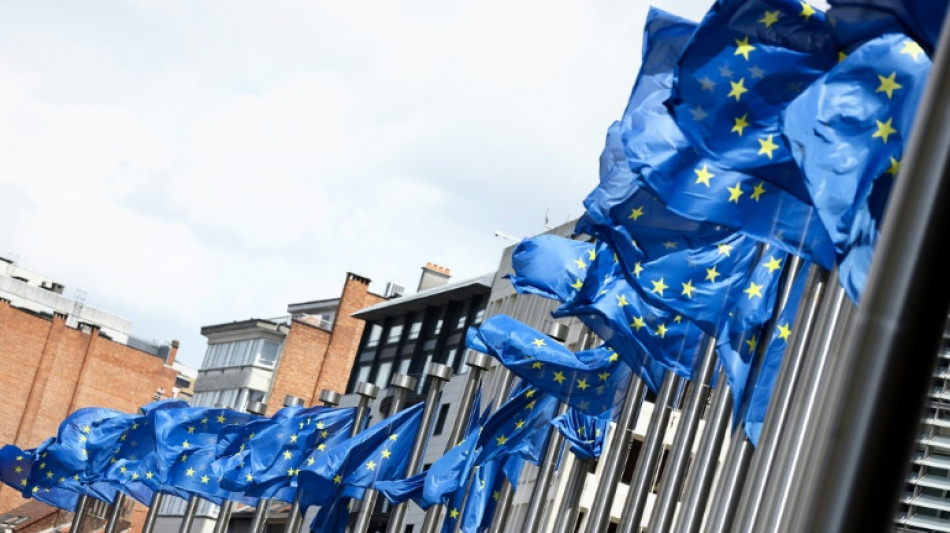

EU bids to clean up product 'greenwashing' mess
The European Union's executive arm waded into the forest of dubious green labels, fairy tale carbon footprints and false eco-friendly advertising on Wednesday, proposing ways to clean up the "greenwashing" of consumer products.
The European Commission unveiled a plan to target companies exploiting shoppers' mounting concern for the environment with dubious boasts their goods are made of recycled goods or energy efficient.
But green groups immediately complained the draft directive will not ban outright the disputed claim that a product can be deemed "carbon neutral" if a firm plants trees or buys carbon offsets.
"What we propose is a new regulatory framework. So we want first of all consumers to get a trustworthy information which is consistent and verifiable," EU environment commissioner Virginijus Sinkevicius said.
"We want environmental labels that are more transparent and of course easier to understand."
The proposed directive, which will be submitted to the European Parliament and EU member states, will seek to rationalise green labelling and impose "dissuasive" punishments on dishonest advertisers.
Commission experts studied a sample of 150 green claims on packaging and advertising for products sold in the EU in 2020 and decided that just over half made "vague, misleading or unfounded" claims.
They also found that shoppers are confronted by at least 230 different labels meant to confirm a product's green credentials, leading to "consumer confusion and distrust".
- 'Green transition' -
The proposed directive will seek to establish EU-wide norms "based on equivalent information and data" and "proved with scientific evidence".
"Consumers lack reliable information about the sustainability of products and face misleading commercial practices like greenwashing or the lack of transparency and credibility of environmental labels," it says.
The plan will help European consumers make environmentally sustainable choices and provide a level playing field for firms jostling to profit from the market for green goods.
EU member states will be in charge of implementing the Brussels directive in their home markets.
"So, if you make a claim as a company, you will need to be able to prove that claim. So you will have to show that it is based on science and that it is reliable," Sinkevicius said.
"You will have to be specific and you will need to submit your claim for checks by accredited verifier."
Taken together, Brussels hopes these actions will prevent misleading claims from reaching consumers, but some campaigners are sceptical.
"Sadly, without harmonised methodologies at the EU level, the new Directive will provide little clarity to consumers and business," said Margaux Le Gallou, of the Environmental Coalition on Standards (ECOS)
"Today, most green claims are too good to be true and the proposal is far from the real green deal."
The plan was cautiously welcomed, with caveats, by some other green and consumer associations.
"The proliferation of greenwashing is hampering the green transition," said Blanca Morales, a senior coordinator with the European Environmental Bureau.
"We need clear EU rules to wipe out greenwashing claims ... we need companies to provide the evidence behind their credentials," she said, touting the principle "no data, no claim".
- Smoke screen? -
Some groups are concerned that Brussels will allow firms to continue making the contested claim that their products are "CO2 neutral" if they plant trees or buy carbon offset credits.
"There is no such thing as a 'CO2 neutral' banana or plastic water bottle. Carbon neutral claims are greenwashing, pure and simple. It's a smoke screen," said Monique Goyens of the BEUC consumer group.
"Planting trees which will take decades to grow is far easier and cheaper, yet significantly less effective, than cutting emissions."
And policy expert Lindsay Otis of pressure group Carbon Market Watch, dismissed the directive as a "missed opportunity" and urged Brussels to go back to the drawing board.
The NGO denounced the "carbon neutral" label as a "favoured marketing strategy for companies seeking to give their image a green makeover while continuing to pollute with impunity".
J.Owen--MC-UK



